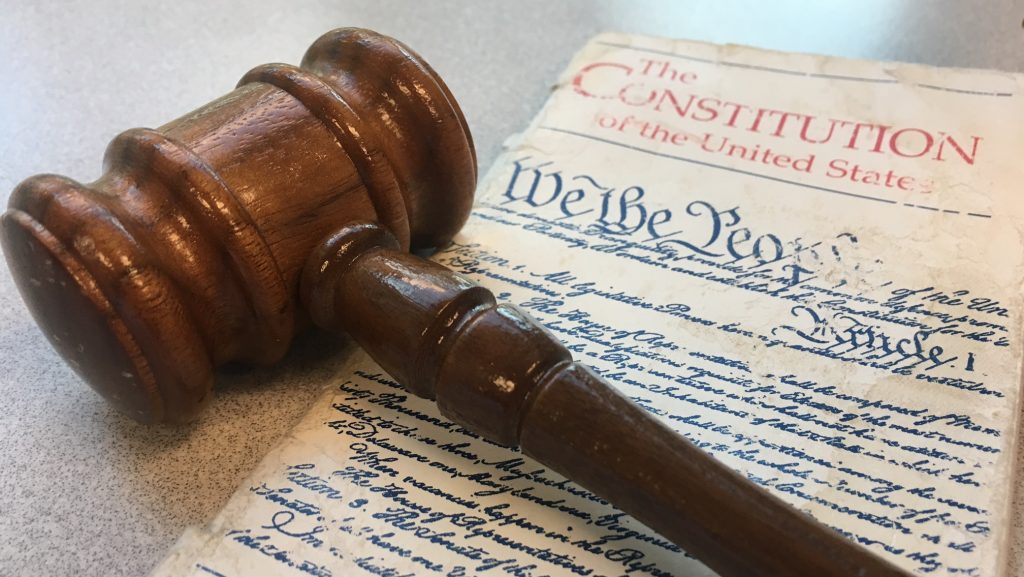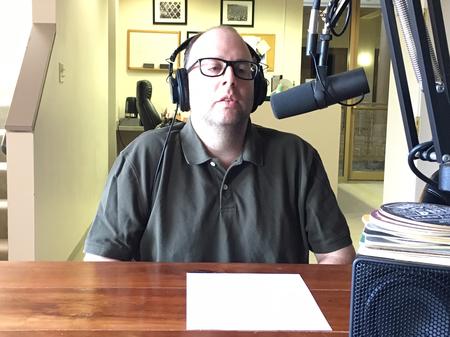Impeachment Moves Forward Amid Partisan Division
“The parties have different versions of reality,” says Brian Kalt, a constitutional law expert from Michigan State University.

The first 10 amendments of the U.S. Constitution are known as the Bill of Rights.

The House Judiciary Committee’s rendition of the impeachment inquiry commenced yesterday with testimony from four constitutional law experts. The majority of the specialists who testified affirmed that President Trump had committed impeachable offenses according to their constitutional expertise.
Brian Kalt, a constitutional law expert from Michigan State University and author of “Constitutional Cliffhangers: a Legal Guide for Presidents and Their Enemies,” joins Detroit Today with Stephen Henderson to contextualize the hearings and discuss what impeachment means for the future of the country.
Kalt says the impeachment inquiry is currently at somewhat of an impasse. The central debate is still mired in facts, says Kalt, with Democrats and Republicans disagreeing about the fundamentals of what President Trump did or did not do. Impeachment is an inherently political process, but it wasn’t always so partisan. Kalt says, “Impeachment wasn’t designed with a two-party system in mind in particular.” The framers did, however, intentionally prioritize consensus with impeachment, unable to predict how tall an order that would be in the present divided political climate.
Even with the existing stalemate in Washington, the House of Representatives will move forward with drafting articles of impeachment. Kalt says to expect Democrats to center their case on the President’s abuse of power. He says that he anticipates lawmakers to avoid indicting Trump on specific crimes, avoiding messy terminology like high crimes and misdemeanors as well as bribery. Instead he thinks the House will constitutionalize their argument, emphasizing the President’s violation of his oath of office.
